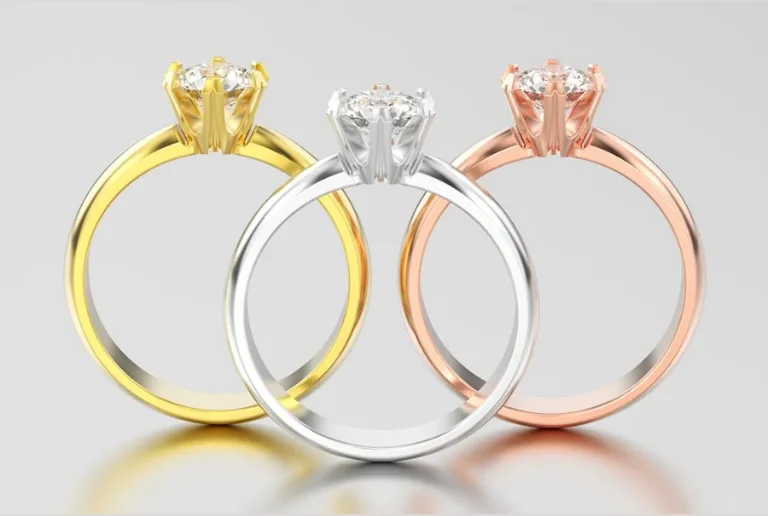Discover Gold’s True Value
Welcome to ShineDove’s Gold Metal Guide. Understanding gold’s true value involves more than just admiring its shine. This guide delves into the rich history of gold, the different karats, and the significance of gold colours. Learn about the BIS hallmarking process to ensure your gold's authenticity. Our guide helps you grasp these concepts, making it easier to verify gold’s purity and value.
The History of Gold
Gold, a remarkably soft metal, has captivated humanity for millennia. First discovered as gleaming yellow nuggets, gold quickly became an integral part of every human culture. Its brilliance, natural beauty, lustre, and exceptional malleability, coupled with its resistance to tarnish, made it a highly desirable material for adornment. By 700 B.C., in Greece, gold was being used as currency, marking the beginning of its long-standing association with wealth.
Gold’s unique properties have led to its wide range of uses. Its rarity ensures its continued value, as gold is resistant to air, water, and most acids, maintaining its integrity over time. A lifetime’s wealth can literally fit in your pocket.
Gold Colours
Gold’s colour varies depending on the metals alloyed with it. For example:
- Red Gold: Created by alloying gold with copper.
- Green Gold: Results from mixing gold with silver.
- White Gold: Contains palladium and silver, giving it a silver-like appearance.

Understanding Gold Karats
- 9 Karat Gold: Contains 37.5% pure gold, with the rest made up of other metals.
- 14 Karat Gold: Has 58.3% pure gold, with the remaining 41.6% composed of other metals.
- 18 Karat Gold: Comprises 75% pure gold, making it a popular choice for jewellery due to its balance of strength and beauty.
- 22 Karat Gold: Contains 91.6% pure gold and is often used in high-quality jewellery.
- 24 Karat Gold: Is pure gold and usually seen in bullion bars.

BIS Hallmark
The BIS Hallmark is a certification system in India that verifies the purity of gold and silver jewellery. Administered by the Bureau of Indian Standards (BIS), the hallmark ensures that the jewellery meets the stringent standards set by the national standards body of India. Given that India is the second-largest market for gold and its jewellery, BIS certification is crucial.
A BIS-hallmarked piece of gold jewellery includes several key elements:
- BIS Logo: Indicates gold’s purity as verified by licensed labs.
- Purity Number: A three-digit figure showing gold content in parts per thousand.
- Assaying Centre Logo: Marks the laboratory that tested the gold.
- Date Code: Shows when the hallmarking was done.
- Jeweller’s Logo: Identifies the jeweller who sold the gold.
Jewellers licensed by BIS to hallmark gold jewellery provide a clear indication of their capabilities, a strong commitment to quality, and consistent purity in their offerings.

